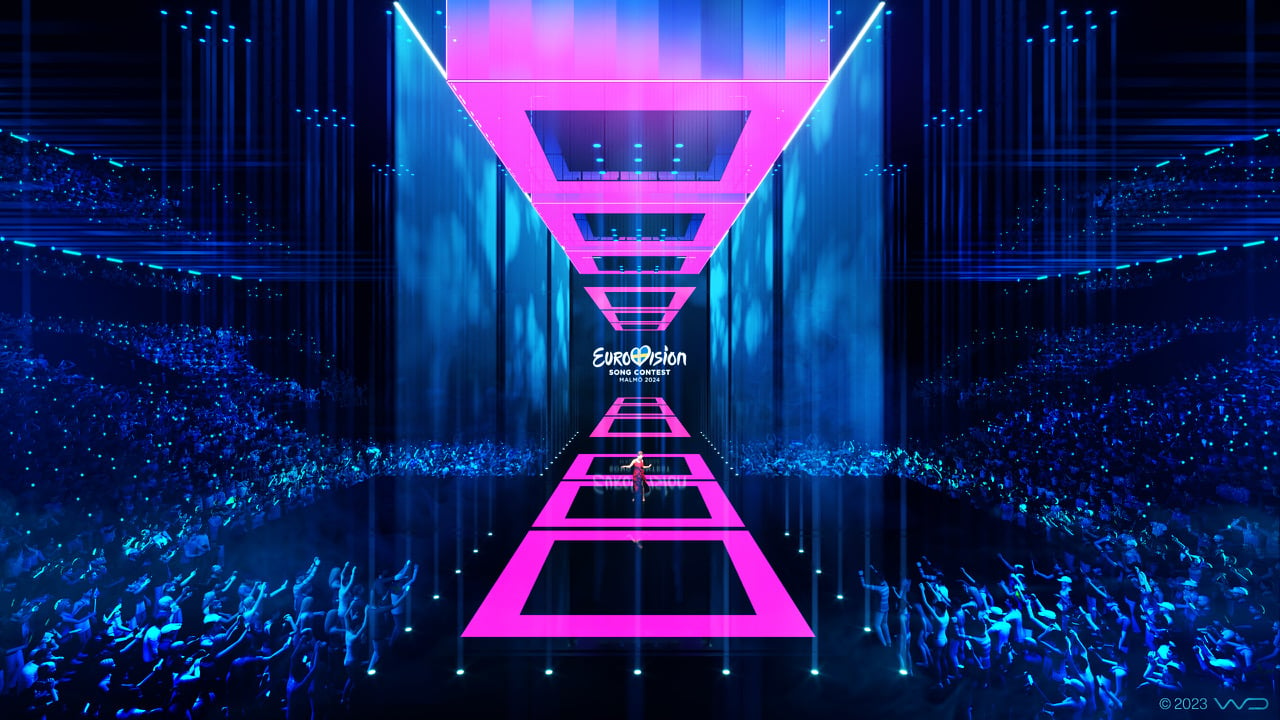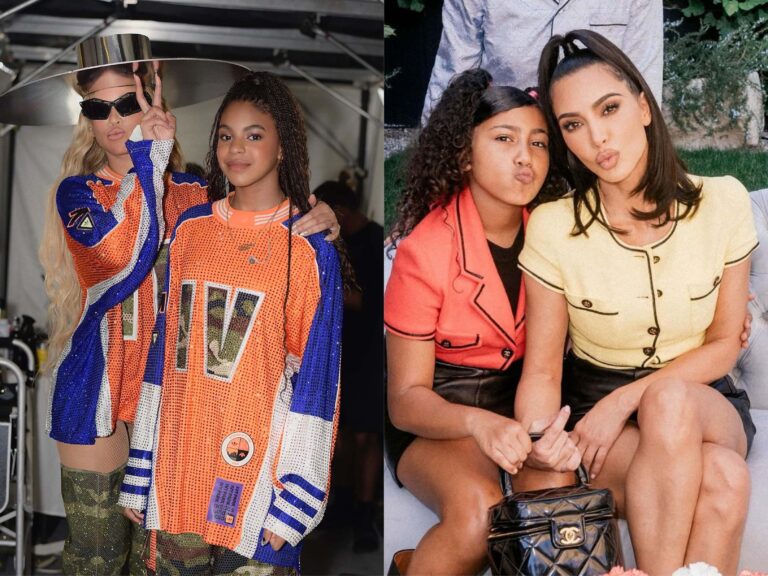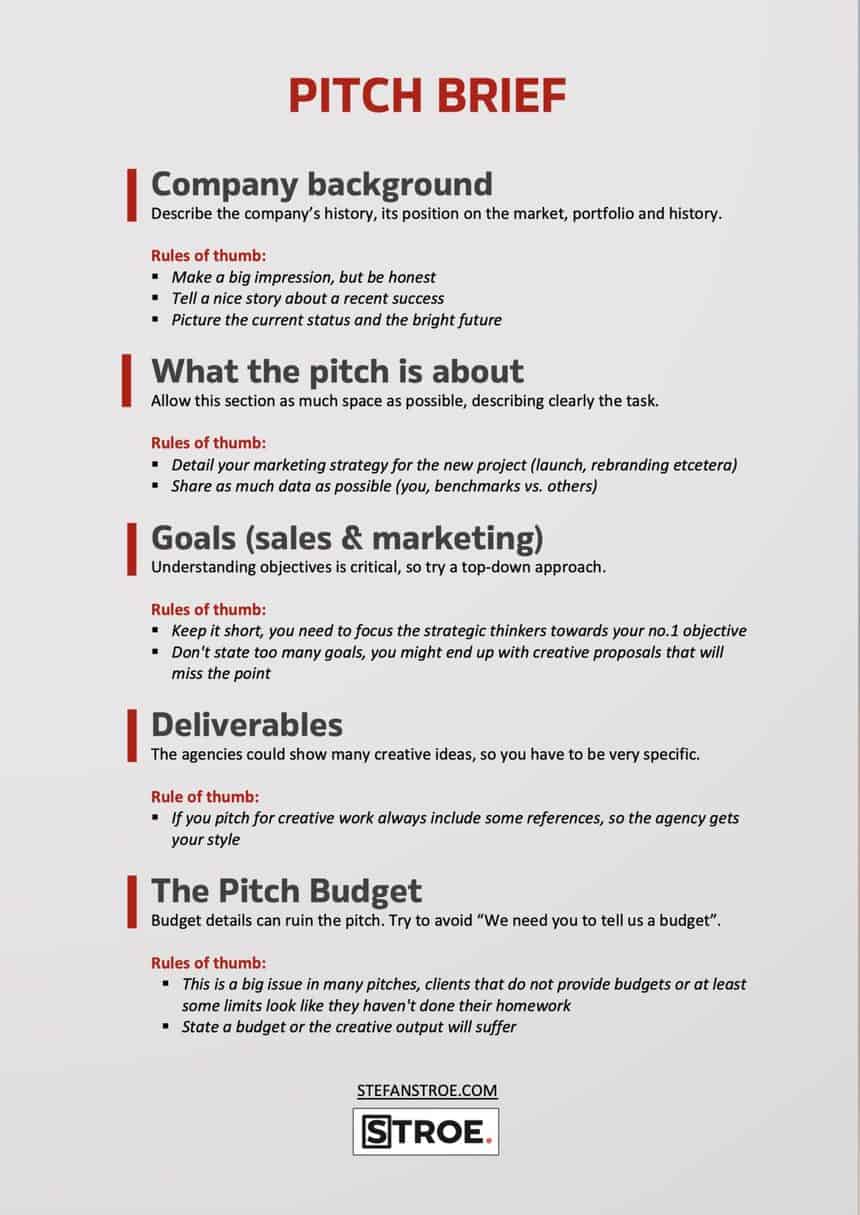Pride Flags Face Eurovision Stage Ban: A Growing Debate

Table of Contents
The Arguments for a Ban (or Restrictions)
Concerns surrounding a potential ban on pride flags at Eurovision often stem from several key areas.
Concerns about political statements
- Maintaining Eurovision's neutrality: Arguments for a ban frequently center on the need to keep the competition apolitical. The idea is to avoid turning the event into a platform for political statements, potentially alienating viewers from certain countries.
- Avoiding politicization: Proponents of a ban argue that displaying pride flags could be interpreted as a political endorsement, distracting from the focus on musical talent.
- Potential backlash: A fear exists that overt displays of LGBTQ+ support could provoke backlash from certain countries or viewers who hold opposing views, leading to controversies and boycotts. Past Eurovision events have seen controversies related to political messaging, highlighting the sensitivity of the issue.
Concerns about broadcasting regulations
- Legal restrictions: Some participating countries may have strict broadcasting regulations regarding political or sexually suggestive content, potentially leading to censorship or fines.
- Balancing freedom of expression: The challenge lies in balancing freedom of expression with the legal and regulatory frameworks of individual countries involved in the broadcast.
- Strict broadcasting guidelines: Countries with conservative media landscapes might exert pressure to limit displays deemed controversial, creating a complex negotiation process for organizers. Examples include certain Middle Eastern or Eastern European nations with stringent broadcasting codes.
Concerns about maintaining a "family-friendly" image
- Alienating viewers or sponsors: Some argue that overt political displays, including pride flags, might alienate viewers or sponsors who prefer a more traditional or "family-friendly" image for the event.
- Inclusivity vs. alienating audiences: The counter-argument is that inclusivity itself is key to attracting a broader, more diverse viewership. A ban could send a negative message to LGBTQ+ viewers and those who support inclusivity.
- Impact on younger viewers: The perception of the event by younger viewers is also a consideration. A ban might inadvertently reinforce negative stereotypes or limit exposure to positive LGBTQ+ representation.
The Arguments Against a Ban (or Restrictions)
Conversely, strong arguments exist against restricting the display of pride flags at Eurovision.
The importance of inclusivity and representation
- LGBTQ+ visibility on a global stage: A ban sends a detrimental message to LGBTQ+ individuals and allies worldwide. Eurovision's global reach makes it a powerful platform for promoting visibility and acceptance.
- Combating discrimination: The visibility provided by pride flags is crucial in combating discrimination and fostering a more inclusive society.
- Promoting diversity and acceptance: Eurovision has historically promoted diversity in music and culture; excluding LGBTQ+ representation contradicts this value.
Freedom of expression and artistic freedom
- Protecting artistic expression: Restricting the display of pride flags infringes on the fundamental right to freedom of expression, a core principle in many democratic societies.
- Chilling effect: A ban could create a chilling effect, discouraging artists and viewers from expressing their support for LGBTQ+ rights.
- International human rights: Several international human rights declarations and conventions explicitly protect freedom of expression, providing a framework for challenging such restrictions.
The potential for boycotts and negative publicity
- Artist boycotts: Artists and performers might boycott the event in protest, damaging its credibility and appeal.
- Sponsor withdrawal: Sponsors may withdraw their support in response to a ban, leading to financial losses for the competition.
- Negative PR and reputational damage: A ban could significantly damage Eurovision's reputation, leading to negative press coverage and a decline in viewership. Examples of boycotts at other international events demonstrate the potential impact.
The Broader Implications of the Debate
The debate surrounding a Pride Flags Eurovision ban extends far beyond the event itself.
The impact on LGBTQ+ communities
- Emotional impact: A ban can have a profoundly negative emotional impact on LGBTQ+ communities globally, reinforcing feelings of exclusion and invisibility.
- Combating prejudice: Visibility and representation are essential tools in combating discrimination and prejudice against LGBTQ+ individuals.
The future of Eurovision and its values
- Apolitical vs. socially conscious: The debate raises crucial questions about Eurovision's identity—should it remain strictly apolitical, or embrace broader social issues like LGBTQ+ rights?
- Long-term implications: The decision regarding pride flags will significantly shape the event's image and legacy, influencing its ability to attract diverse participants and viewers.
The role of media and public opinion
- Shaping public perception: The media plays a crucial role in shaping public perception of the debate, influencing opinions and potentially swaying the organizers' decisions.
- Public pressure: Public opinion, expressed through social media, petitions, and other forms of activism, can exert significant pressure on the organizers.
Conclusion
The debate surrounding the Pride Flags Eurovision Ban highlights a fundamental conflict between maintaining a supposedly neutral event and embracing the values of inclusivity and freedom of expression. Arguments for a ban center on concerns about political statements, broadcasting regulations, and maintaining a "family-friendly" image. However, strong counter-arguments emphasize the importance of LGBTQ+ representation, freedom of expression, and the potential for boycotts and negative publicity resulting from a ban. The broader implications of this decision extend to the well-being of LGBTQ+ communities, the future of Eurovision's image, and the power of media and public opinion. The debate surrounding the Pride Flags Eurovision Ban is far from over. Let's continue the conversation and ensure that the Eurovision stage remains a truly inclusive and representative platform for all.

Featured Posts
-
 Evrobasket 2024 Sedlacek O Jokicevom I Jovicevom Ucescu
Apr 30, 2025
Evrobasket 2024 Sedlacek O Jokicevom I Jovicevom Ucescu
Apr 30, 2025 -
 Exploring The Relationship Between Blue Ivy Carter And Tina Knowles Eyebrow Style
Apr 30, 2025
Exploring The Relationship Between Blue Ivy Carter And Tina Knowles Eyebrow Style
Apr 30, 2025 -
 2025
Apr 30, 2025
2025
Apr 30, 2025 -
 Beyonce And Jay Z Cotswolds Life Swap A Realistic Look
Apr 30, 2025
Beyonce And Jay Z Cotswolds Life Swap A Realistic Look
Apr 30, 2025 -
 Bestu Deildin I Dag Leikjatima Og Urslitaspar
Apr 30, 2025
Bestu Deildin I Dag Leikjatima Og Urslitaspar
Apr 30, 2025
Latest Posts
-
 Increase Your Chances Of Dragons Den Success Essential Preparation Steps
May 01, 2025
Increase Your Chances Of Dragons Den Success Essential Preparation Steps
May 01, 2025 -
 Understanding The Dragons Den Pitch Process A Comprehensive Overview
May 01, 2025
Understanding The Dragons Den Pitch Process A Comprehensive Overview
May 01, 2025 -
 Navigating The Dragons Den Tips For Success
May 01, 2025
Navigating The Dragons Den Tips For Success
May 01, 2025 -
 Dragons Den A Guide To Securing Investment
May 01, 2025
Dragons Den A Guide To Securing Investment
May 01, 2025 -
 Charity Act Michael Sheen Erases 1 Million In Debt
May 01, 2025
Charity Act Michael Sheen Erases 1 Million In Debt
May 01, 2025
